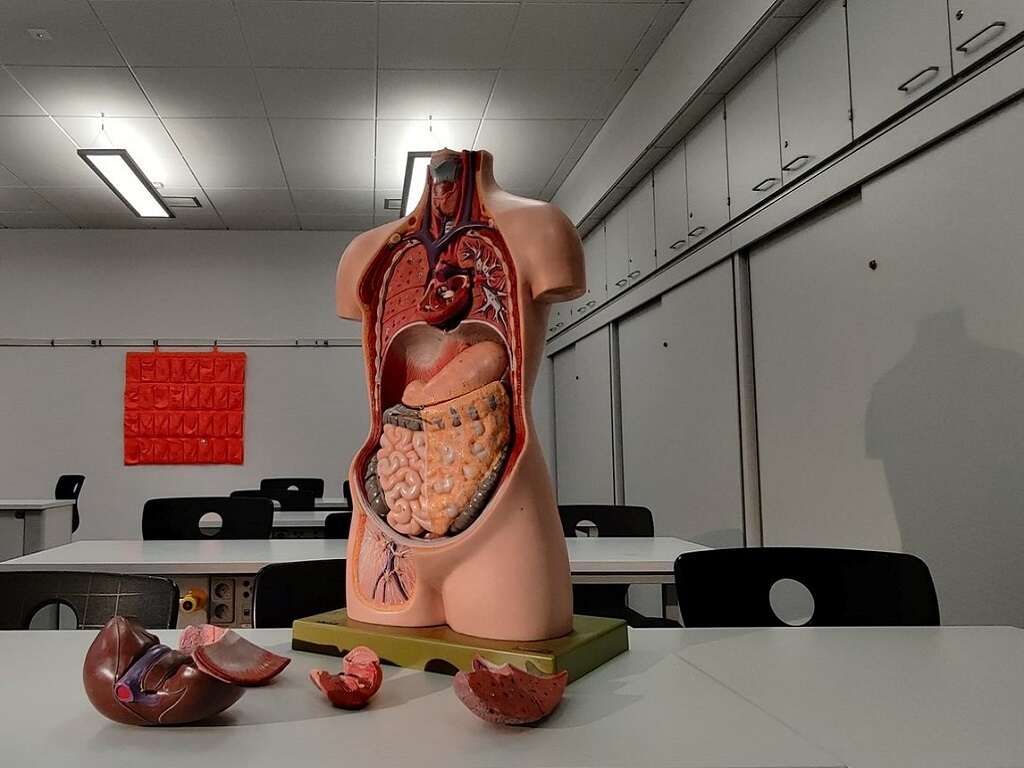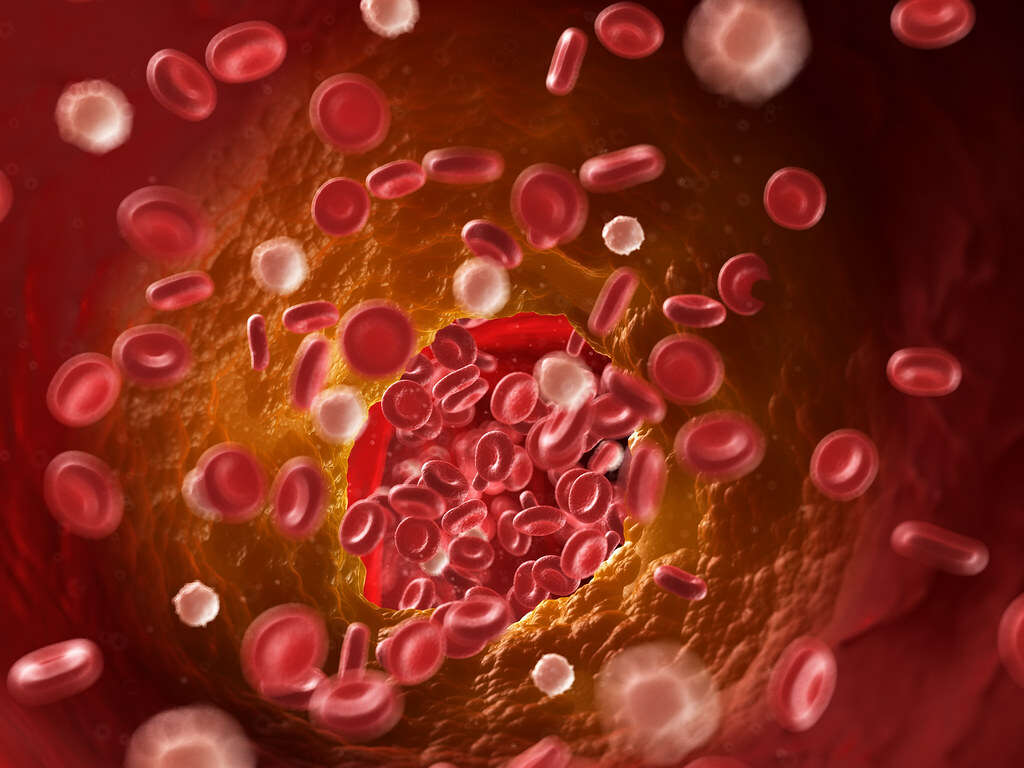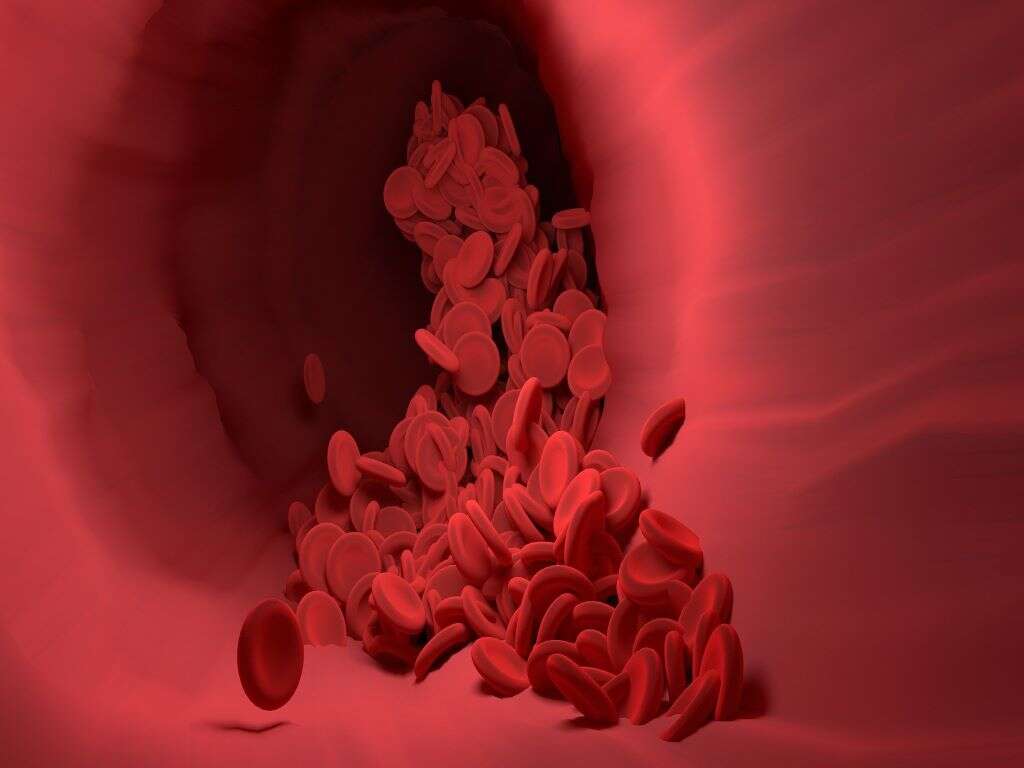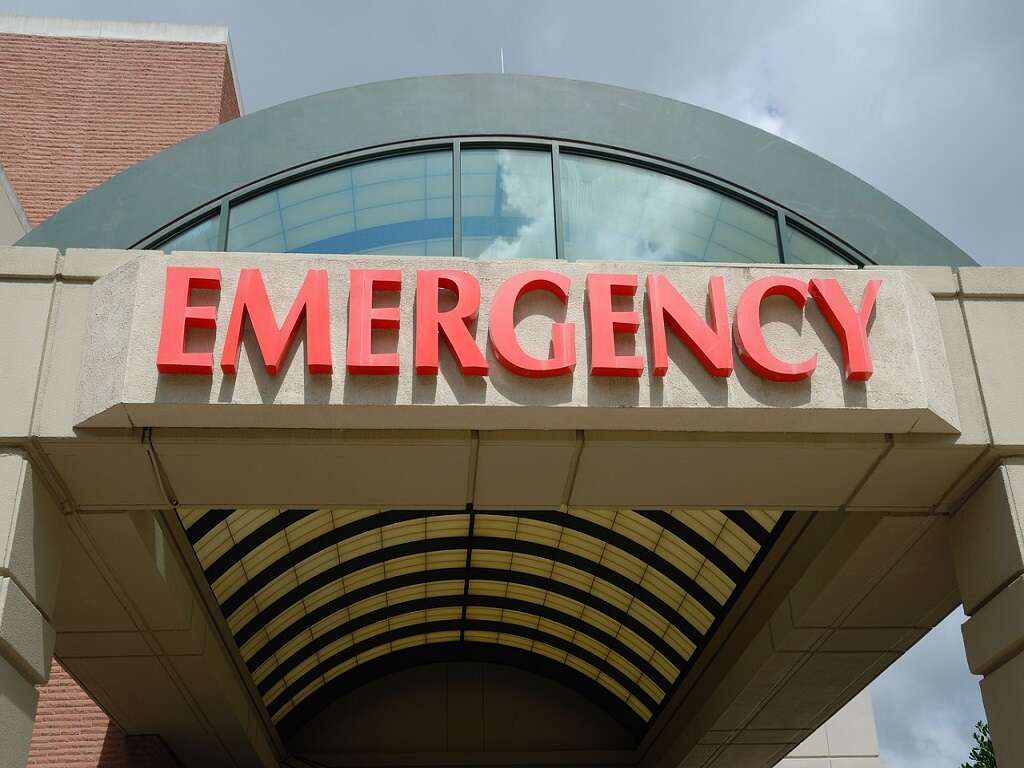Hemoptysis Definition, Causes and More
 Article Sources
Article Sources
- 1. Jacob L. Bidwell | Robert W. Pachner. 'Hemoptysis: Diagnosis and Management.' American Family Physician, aafp.org/afp/2005/1001/p1253.html.
- 2. Radchenko, C., et al. 'A Systematic Approach to the Management of Massive Hemoptysis.' PubMed Central, ncbi.nlm.nih.gov/pmc/articles/PMC5696556.
- 3. 'Hematemesis.' Cancer Therapy Advisor, 17 2019, cancertherapyadvisor.com/home/decision-support-in-medicine/hospital-medicine/hematemesis.
- 4. 'Evaluation of Hemoptysis.' Clinical Decision Support for Health Professionals, 2 2020, bestpractice.bmj.com/topics/en-us/1039.
- 5. Gershman, E., et al. 'Management of Hemoptysis in Patients with Lung Cancer.' PubMed Central, ncbi.nlm.nih.gov/pmc/articles/PMC6712256.
- 6. 'Etiology and Management of Pediatric Hemoptysis.' JAMA Network, 1 Apr. 2001, jamanetwork.com/journals/jamaotolaryngology/fullarticle/482262.
10. Management
The management of hemoptysis involves stopping the bleeding, preventing aspiration and treating the underlying cause.1Jacob L. Bidwell | Robert W. Pachner. ‘Hemoptysis: Diagnosis and Management.’ American Family Physician, aafp.org/afp/2005/1001/p1253.html. In most cases, hemoptysis is acute and mild and caused by bronchitis. Outpatient intervention via oral antibiotics and close monitoring is often enough.
Massive hemoptysis requires an urgent and aggressive approach that may involve early consultation with a pulmonologist and intensive care. If the massive hemoptysis is life-threatening, the patient may be diagnosed and receive urgent therapy simultaneously.
Advertisement











